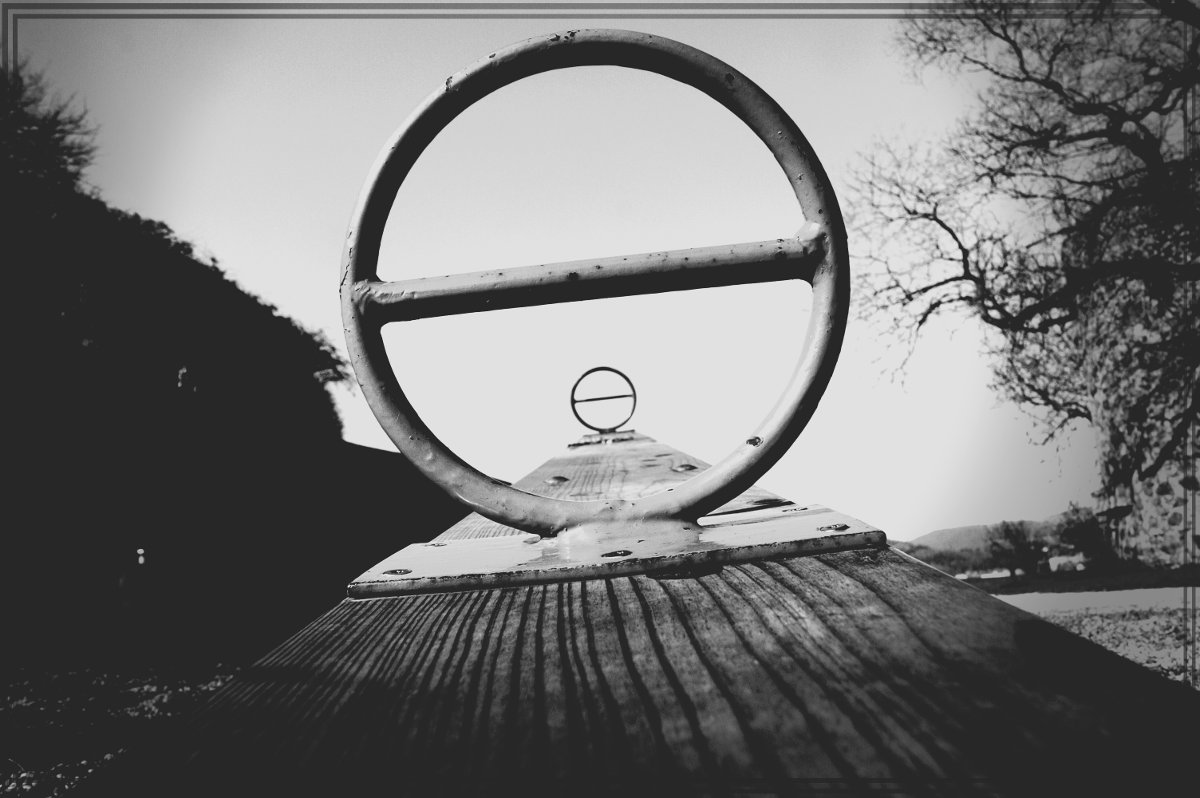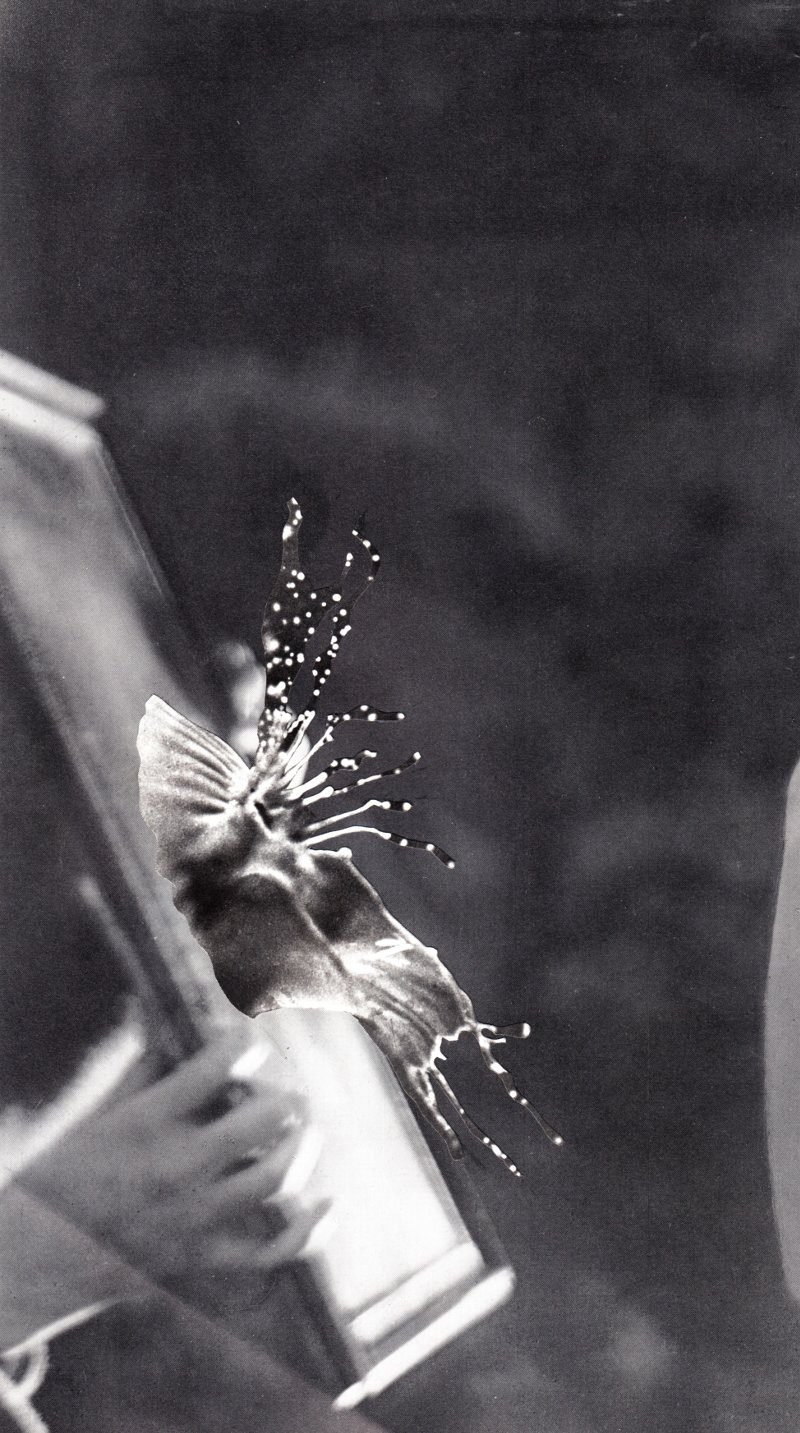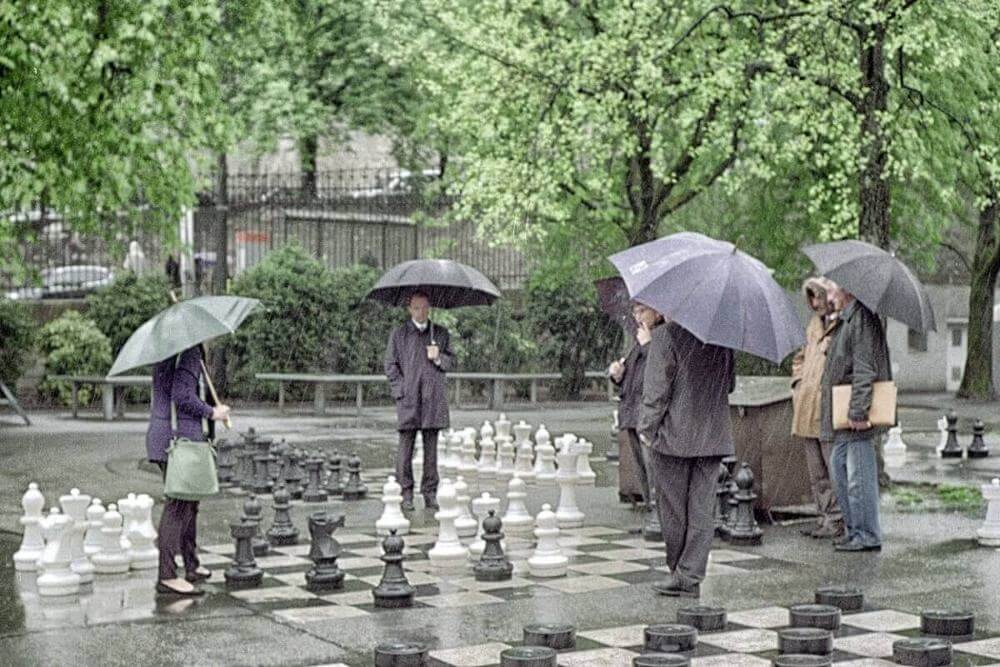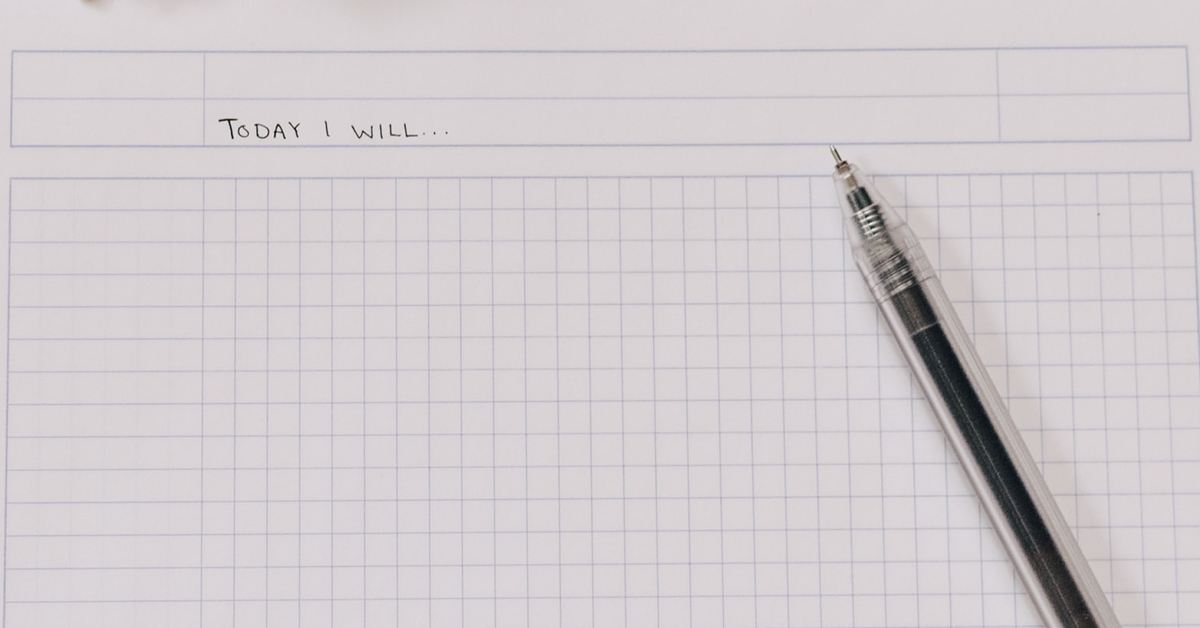“We have to continue to learn. We have to be open. And we have to be ready to release our knowledge in order to come to a higher understanding of reality.” —Thich-Nhat-Hahn
I recently attended a Buddhist family sangha in which the discussion revolved around child raising practices.
It was a lovely service consisting of young parents who were seeking ways to develop more peace in their families and in the world. After a 15-minute meditation, one member read a few pages from a Jon Kabat Zinn book on discernment. We then shared personal stories of what that passage meant for us in our day-to-day existence.
Most of the discussion revolved around judgment.

We judge ourselves and feel guilty. We judge others and feel either bad or superior.
In the moments of our judgments, we often lash out angrily at our children or family members. Peace disappears.
My point of view was that we all make judgments, but we are not always aware of the judgments we are making and why we are making them. It seems to me, in fact, that we make judgments all day, every day. The real questions are:
- Are we aware of the judgments we are making when we make them? And
- Can we suspend those judgments long enough to take in new information that may change our minds?
I suggested in the group discussion that there are four steps required to develop a “NOSE” for discernment:
- Notice the judgment you are making.
- Open up to letting new information in.
- Seek out constructive ways to deal with the situation.
- Embrace each moment as fresh, new and filled with possibility.
My comment fell flat, but I’ve learned to be at peace with that experience. I didn’t judge myself for being too esoteric or pedantic. I didn’t judge the group for not listening or responding to the comment. I just tried to stay open to something fresh and new in the moment.
Some people in the group talked about the importance of accepting different ways of living, i.e. there is no need to judge actions or beliefs as right or wrong—they are simply different. While I believe there is some truth to that view, there are also exceptions.
Over the past several years, I have been working on accepting different lifestyles. For example, I can be overly obsessive about punctuality; I often get myself in a “state” when my family members are running late—even by five minutes. I have learned, however, that norms have shifted and time is no longer the tyrant it used to be. So what if we are five minutes late? The world doesn’t end. I am trying to notice more quickly when I get in a negative state and be more open to different ways of dealing with time pressures.
I have also shifted my beliefs on sexual orientation as I grow older and more welcoming of differences. As a child, I grew up in a homophobic society. After traveling the world and living with three strong, open, feminist women, I now see most lifestyles as different, not wrong. It helped me to notice my conditioned prejudices and to expand my views on lifestyle choices.
There are examples, however, when behaviors are not just different—they are wrong.
For example, when a 32-year old district attorney aggressively pursues teen-age girls, it is not just a different way of relating—it is wrong. When the President of the United States blatantly flouts constitutional and civil norms, it is not just a different way of presiding—it is wrong. Driving home after having too much to drink is not just a different way of socializing—it is wrong. When your kid bullies another child, it is not just a different interpersonal style—it is wrong. Some behaviors need to be judged and called out. It’s OK at times to yell, “Stop! Get your shit together!” At least, that’s what I think.
In her wonderful new book, Little Fires Everywhere, Celeste Ng challenges us to revisit our certainties about what is right and wrong about adoption, abortion, and child rearing in general.
She cleverly draws us into the troubling question: is “perfect” always right?
I highly recommend the book because she brilliantly explores different differences.
But let me get back to how we might develop a better NOSE for discernment: Notice, Open, Seek, and Embrace.

Noticing starts with observing our own thoughts, feelings, and behaviors as well as those with whom we interact intimately or otherwise. In means paying close attention, turning fully toward the person, actively tuning in, and accurately reading what’s going on. It requires a high degree of self-awareness and a caring heart.
Opening means letting go of conditioned biases and beliefs. Opening may make us feel vulnerable or uncomfortable, but it is a prerequisite to hearing and seeing the fullness and richness of what’s right in front of us in any moment. Opening involves stepping back, letting in, letting go, and reflecting. In a rushed world, with rigid beliefs and habituated behaviors, it’s not easy to allow or welcome new perspectives into our psyche and soul. As Thich Nhat Hanh says, however, “we have to be ready to release our knowledge in order to come to a higher understanding of reality.”
Seeking means taking the initiative to learn. Seeking requires us to move beyond exploration and understanding and to take action on our insights. For me, there is no real understanding without action. Actively searching for different ways to be and to do challenges us to notice and to open to new experiences. Real discernment involves noticing, opening, and seeking all at the same time.
Embracing means welcoming each moment with joy and gratitude. For me, THIS is the whole point. To fully embrace a new experience requires us to quit torturing ourselves with “shoulds,” and “what ifs” and “if onlys.” In short, we need to refuse to let the woulda-shoulda-coulda syndrome diminish new moments and fresh possibilities.
The difficulty in discerning different differences arises primarily from not having the “space” or “perspective” to deal calmly with whatever situation we are facing.
Sometimes the noise is too loud. Sometimes the chaos is too distracting.
Sometimes we are just too rushed or rigid to use our NOSE to sniff out what’s really going on. The Buddhist sangha was a wonderful way to create that space, to reduce the noise, and to experience the calmness needed to be who we want to be.
In this holiday season, and in all seasons, may we find the peace, quiet, and space to be more discerning. May we see differences as opportunities to learn. May we stay open to new possibilities. And may we fine tune our NOSES to sniff out the truth—some differences are not just different.
Also published on Medium.




Great post Ricky! AA 10th step is “Continue to take personal inventory and when we’re wrong promptly admit it”-your post brought that to mind. A book you probably already read comes to mind as well: Irwin Kula’s “Yearnings-embracing the sacred messiness of life.” I love you my brother! RonnyDonny
Thanks Ronny for mapping many of my posts to the AA 12 step program. I’m yearning to read Yearning.
Love it Rick. Love our different differences! You make me a better person.
Thanks Gary. Even though we may have different differences, I love the fact that our NOSES sniff out the wrongness and rightness of similar situations. I so value our friendship.
Ah, dear Rick, I was noticing while reading that your words were calling me to wonder, “how is this for me?” so I had to widen my consideration of the kinds of situations you describe, and then poke and probe around a bit on the subject of rules, exceptions, change over my own now ample lifetime, until I got to the end with a “yep, one more fine reminder to take in and hold dear (“embrace”) such ongoing reassessing.”
So consider it a bull’s eye where your most succinct phrase, “notice, pen, seek, embrace” calls out just what you say and recommend.
That’s a neat feat that’s a really sweet treat! Thanks. <3
Thanks Artie. I always love your poking and probing and your willingness to embrace a regular re-assessment of who we are as we move through each stage of life.